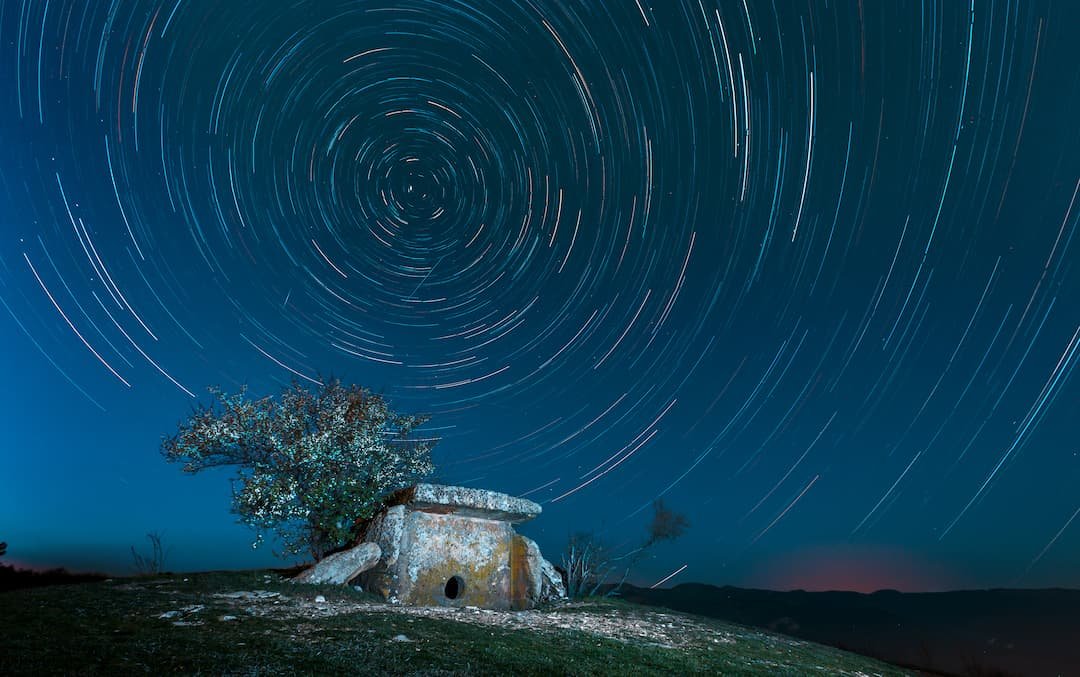
 (1).jpg)
Astronomy and the activity of stargazing has been around for many years. Fancy joining us on a stroll down memory lane as we look at the history books on how it all began?
Stars have always been useful. Despite not knowing what they were, early astronomers grouped the stars into constellations and used them to track the movement of the Sun and the planets. The movement of the stars over the year meant they could start to build accurate calendars to assist them with knowing then to plant fields and when to harvest.
Indigenous cultures have long used astronomy as a way of navigation, timekeeping, spiritual and religious practices and also for agricultural planning.
Many ancient astronomers made incredible discoveries such as in the 6th century BCE when Ancient Greek philosophers found evidence that the earth was in fact a spherical shape.
The first Supernova was documented by Chinese astronomers in the year 185. A supernova is when there is a change in the core or center of a star. One of the stars steals matter from its companion star. Eventually, it accumulates too much matter causing the star to explode which results in a supernova.
The idea that the Sun was a star was first proposed (and dismissed) in 450 BC by Anaxagoras. Over the next few hundred years, a lot of research and work was completed until the Sun was finally acknowledged in its true star status in the 19th century.
The trillions of galaxies that we know today were only discovered about 100 years ago. Before then, it was thought that they were ‘cloudy regions’ of our own Milky Way galaxy.
The Earth was originally thought to be the centre of the solar system! It wasn’t until the 16th century that scientists discovered it was the Sun instead.
The planet Uranus was discovered in 1781 by English astronomer Sir William Herschel. Before this, Scientists were only aware of 5 planets in our solar systems - Mercury, Mars, Jupiter, Venus and Saturn.
Pluto was also considered to be a planet in our solar system until it was downgraded to a ‘dwarf planet’ by scientists back in 2006, who decided it did not meet the planet criteria required. Sorry Pluto!
Ready to make your own mark in the astronomy history books? Name your own star right here and create something truly remarkable and memorable.
